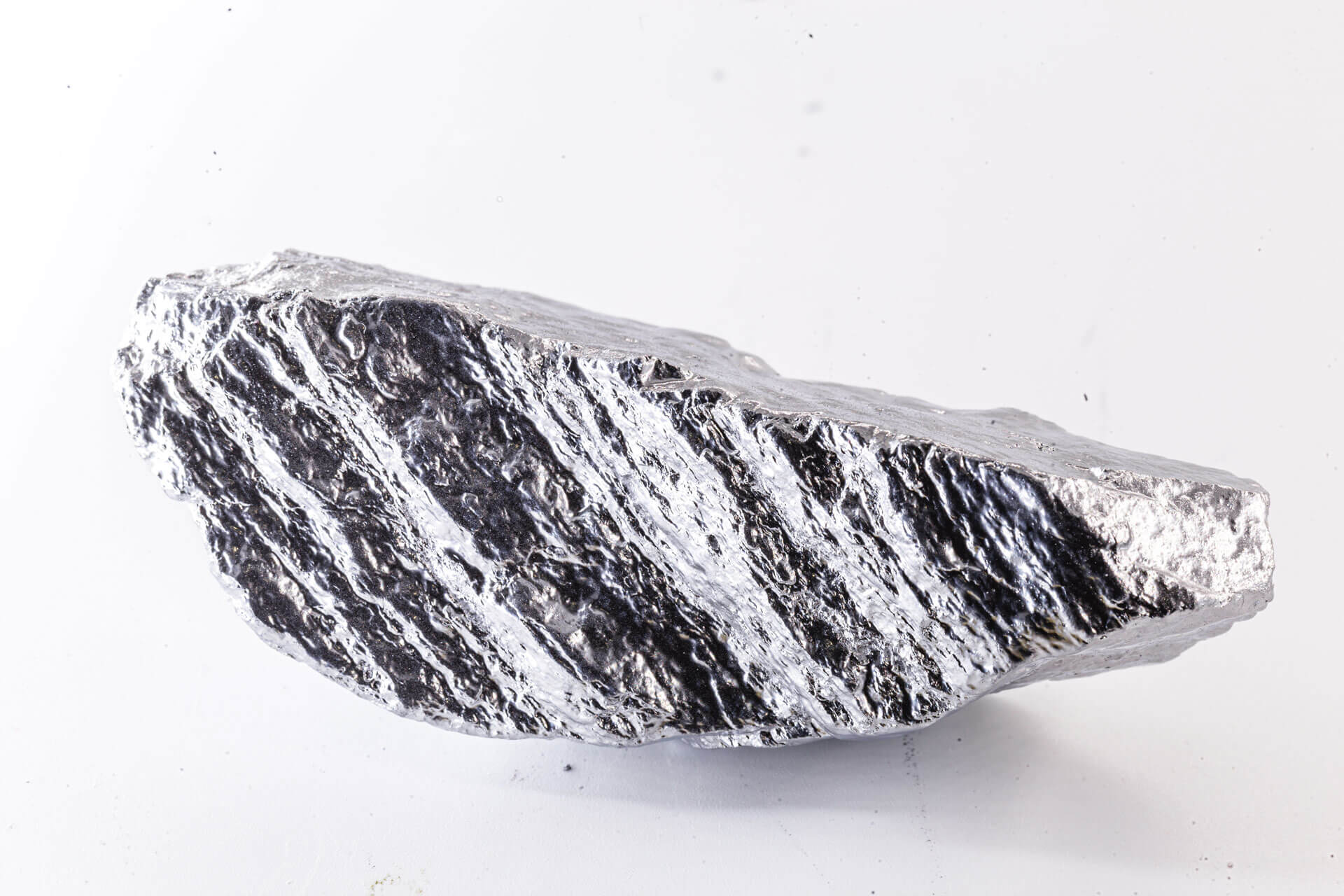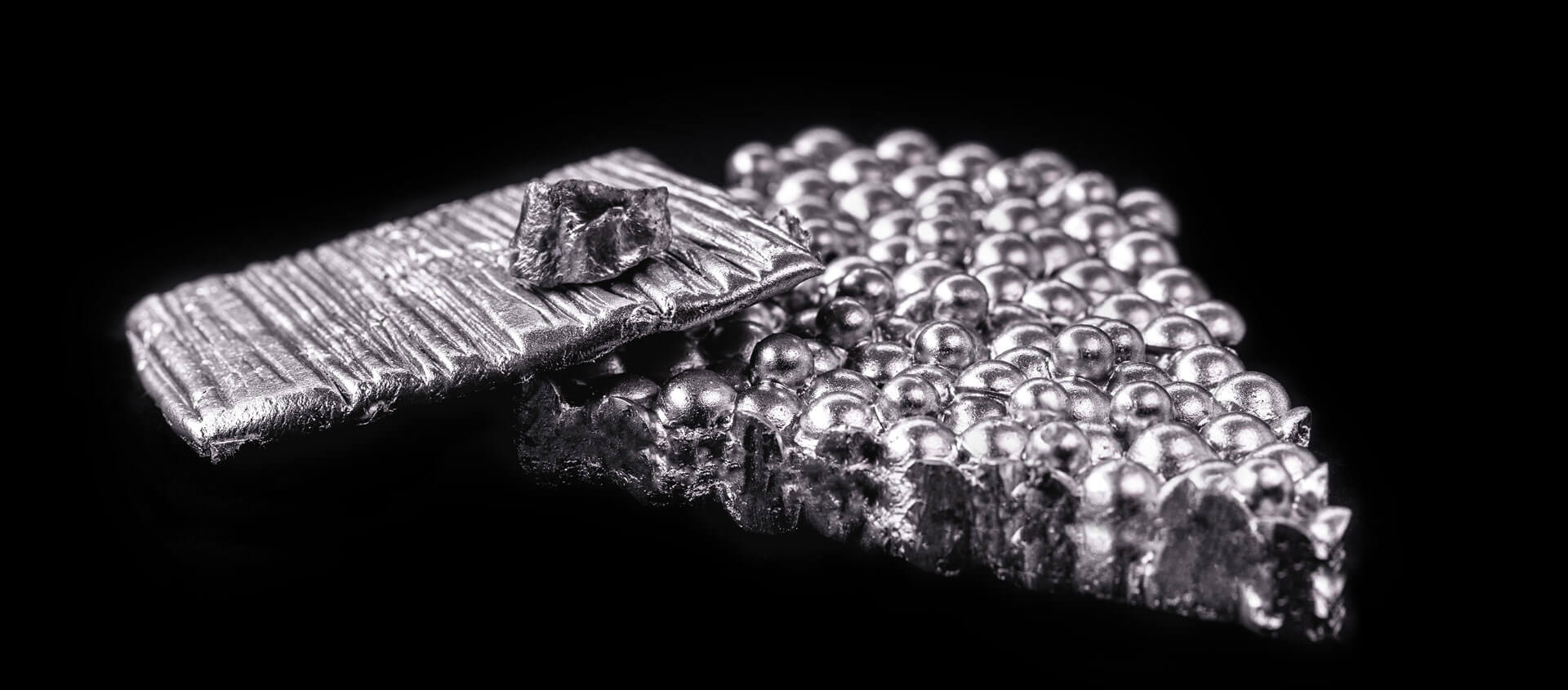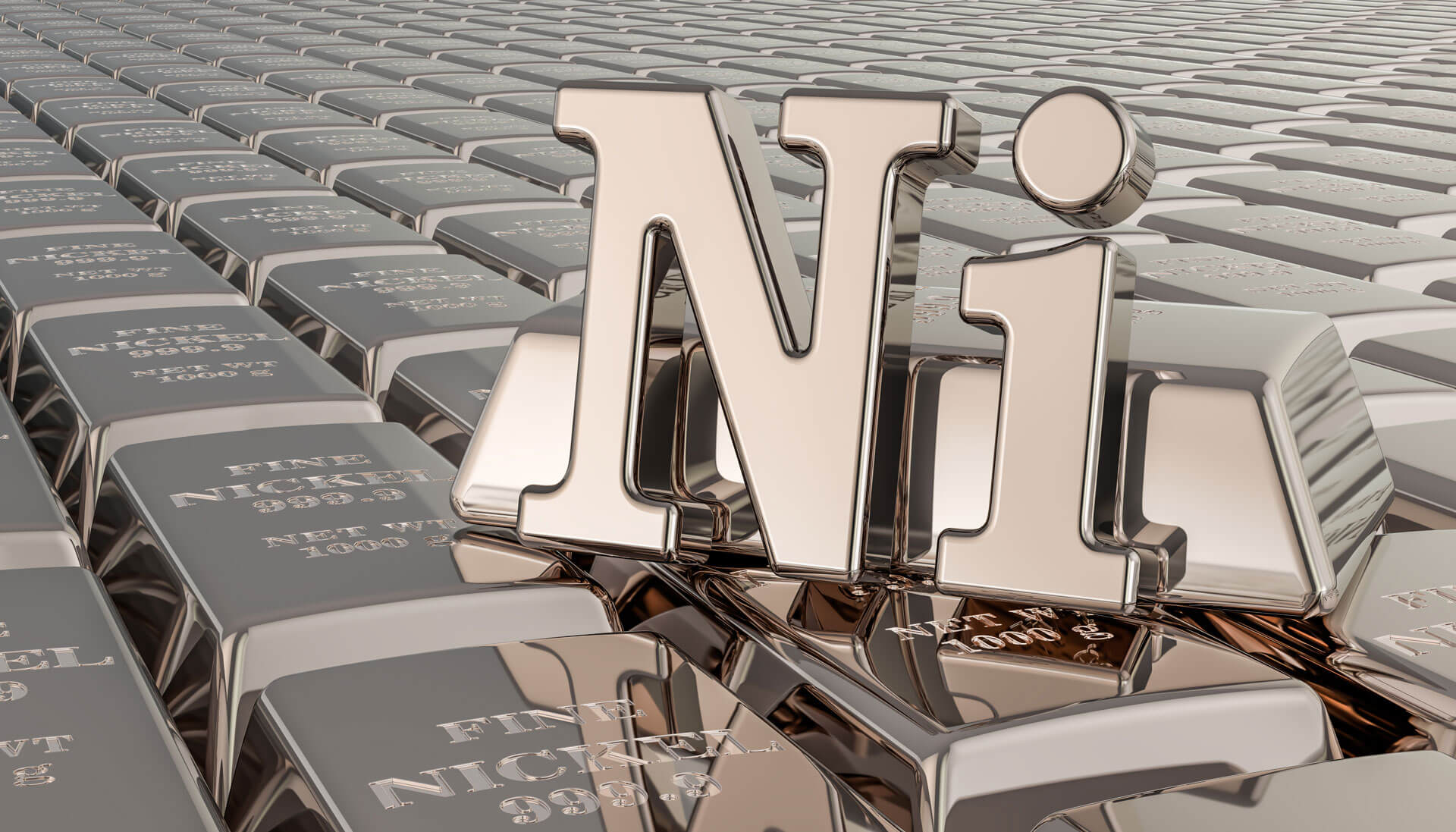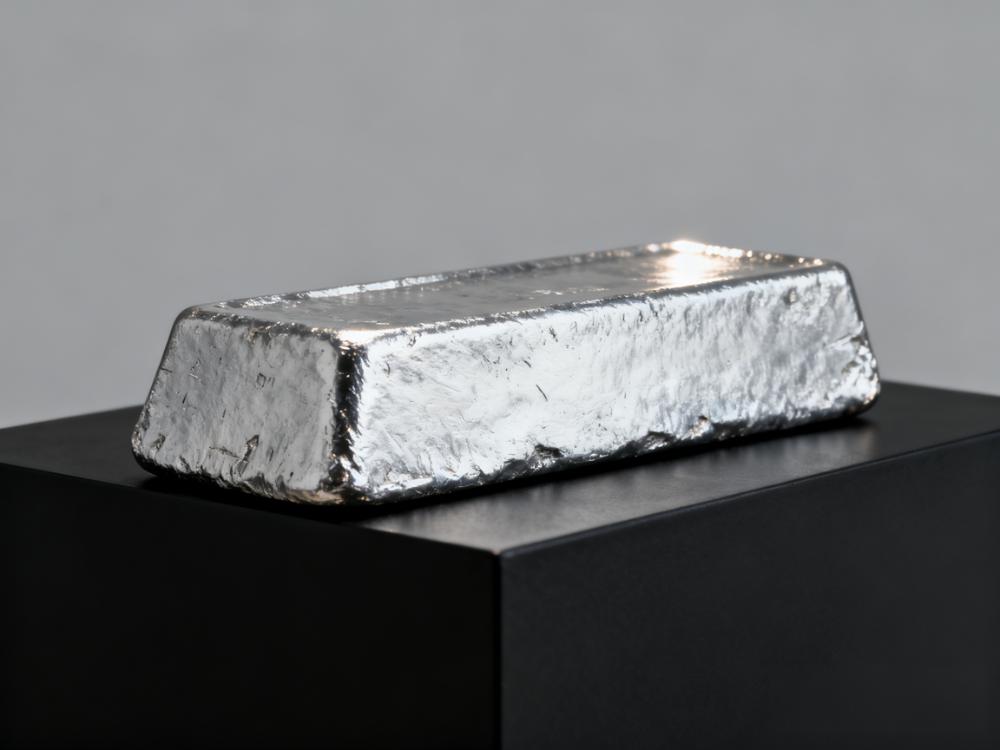An international body is weighing a proposal that could be crucial to determining when and how to extract battery minerals from the deep seabed-a decision that has a significant impact on the future of electric vehicles.
Scientists and miners have long known that large amounts of precious metals have been found in the deepest and farthest parts of the ocean. The largest treasure is in the Clarion-Clipperton Zone of the Pacific Ocean, where there are metal nodules such as cobalt, nickel, manganese and copper on the seafloor.
Many marine scientists say early studies have shown that nodules are the cornerstone of complex ecosystems that extend beyond the seafloor. They say these nodules should be ignored, at least unless the impact of ecosystems is fully calculated.
In September, some 621 marine scientists and policy experts signed a resolution stating that "if deep-sea mining is allowed, the loss of biodiversity will be inevitable, may be permanent on a human time scale, and the function of the consequences of marine ecosystems is unknown" (Greenwire,9 10 March).
But nickel and cobalt happen to be important components of lithium-ion batteries. The shift in clean energy has raised new hopes among miners that these minerals can be recovered in large quantities at sea and sold to power electric cars and store renewable energy for Electroweb.
One body, the International seabed Authority ((ISA),), has the final say in the rules governing mining in international waters. This week, 36 national voting members of the ISA are debating a "road map" for rulemaking plans for the next two years-a period that could be decisive for the future of deep-sea mining.
"decisions made by the International seabed Authority may affect marine health for centuries to come," said Douglas Macaulay, a professor of marine science at the University of California, Santa Barbara.
Many analysts believe that nickel and cobalt shortages will continue in the coming years, which could lead to higher battery prices. Reports of labour abuse in countries such as the Democratic Republic of the Congo have tarnished the public reputation of clean technology.
Proponents of deep-sea mining are seizing on these issues as they push international regulators to develop rules to open up key seabed mining.
Metals Co. A spokesman for (IRENA), a Canadian-based mining start-up that has been a leading advocate of deep-sea mining, noted that (IRENA), the international renewable energy agency, published a technical paper earlier this year.
IRENA estimates that the reserves of cobalt and nickel in the Clarion-Clipperton zone could be six and three times the world's entire terrestrial reserves, which "could significantly change the supply outlook".
For its part, the Metal Company claims to have found cobalt and nickel worth 280 million electric vehicles in the form of nodules in two contract areas.
"although the West has made a significant commitment to building battery manufacturing capacity, little has been done to ensure the supply chain that supplies it with raw materials," spokesman Jeremy Shulman wrote in an email to E-mail E News.
The company, which went public through a reverse merger earlier this year, is seeking a license to remove polymetallic nodules from the Clarion-Clipperton zone, using machinery that can effectively remove nodules from the seafloor.
It challenges the idea that this technology is the only harmful. Obtaining nodules from the ocean has "the least impact on the planet" compared with land mining, it noted in a public letter last spring, adding that electric vehicles need to be "heavily injected" with metal. It said it was "irresponsible" to think that recycling could produce enough metal to meet the future needs of electric vehicles.
In the letter, the metal company wrote that "consumer brands that refuse to consider alternative mineral supplies will be involved" in everything from child labour to the destruction of land habitats by new mining projects.
The letter comes after a loose alliance of large technology companies, carmakers and electronics makers called on the government to suspend deep-sea mining. The alliance includes Google and Samsung, as well as BMW, Volkswagen and Volvo-carmakers betting on solid-state batteries designed to reduce or eliminate the use of cobalt and nickel for future electric vehicle production lines.
'profit'
The ISA road map will be debated by members this week, and 2022 and 2023 are expected to be busier for seabed mining regulators than in previous years.
ISA, founded by the United Nations in 1994, has been thinking about how to regulate mineral mining in uninhabited areas in international waters for many years. Then, last summer, Nauru cited the terms of the ISA charter.
Nauru sponsored its license application with the support of the metal company, and its move was criticized by some ISA members.
For example, a group of 47 African countries said it was a "seemingly insurmountable task" to set final rules within two years.
Some environmentalists say ISA voters are likely to find effective strategies to stop most deep-sea mining, even if the rulemaking clock has run out.
They said that if the rules were drafted on time, the Group of African States or other similar organizations could protect the seabed by simply voting down the rules.
"it is impossible to mine these nodules without causing serious damage," said Matt Gianni, political and policy adviser to the Deep Sea Conservation Alliance.
Gianni believes that, given the time required to issue seabed mining licences and start mining projects there, deep-sea miners are unlikely to help avoid the broader mineral shortages required for the energy transformation.
"it's not going to happen. At best, it can only meet a fraction of the projected demand, "he said.
The United States is not a member of the ISA because it has not yet ratified the United Nations Law of the Sea that led to the establishment of the ISA. It is also unclear how the Biden administration will deal with the issue.
Under the Obama and Trump administrations, the Commerce Department's NOAA has extended decades-long mining and exploration licenses in the Clarion-Clipperton zone.
The United States "recognizes the potential importance of deep seabed mining as a source of minerals needed for decarbonization," NOAA spokesman Jennie Lyons wrote in an email to E-News. Instead of answering questions about whether the deep ocean floor could ease the shortage of raw materials, she referred an eBay journalist to the United States Geological Survey.
However, the Biden-Harris White House stressed the role of technological innovation as a means of addressing mineral supply constraints.
The blueprint for the US battery supply chain in June, for example, says the country aims to supply nickel-free and cobalt-free batteries on a large scale by 2030.
Gianni points out that some battery makers and automakers are already trying to avoid the use of precious metals in their chemistry.
"there is a huge economic incentive to find cheaper materials to make these batteries," Gianni said. "there are so many potential profits."




